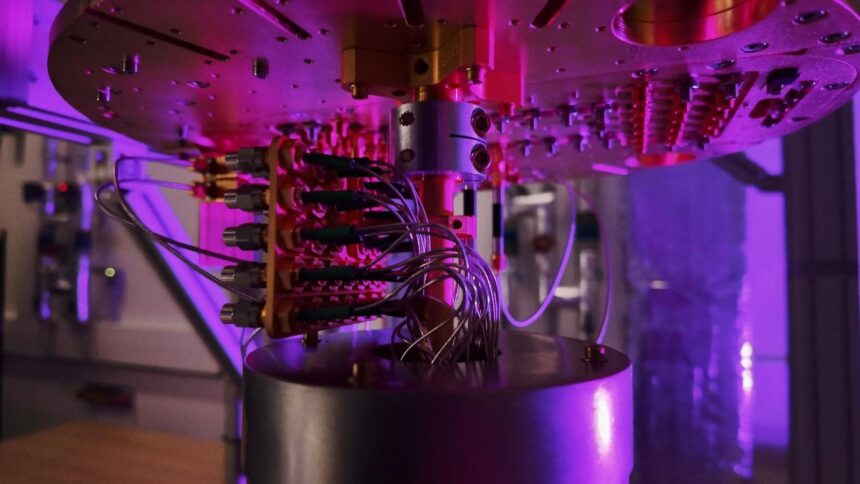Complex weather models, medication binding to targets, and the whims of financial markets are just a few examples of the challenges that quantum computers promise to tackle that are too difficult for even the most potent supercomputers.
Although prototypes have demonstrated that calculations can be made in the strange realm of quantum matter, none are currently sufficiently massive or steady to be of much value.
“This center will assist them in solving problems by concentrating on making quantum computers practically usable at scale.”
The “bits” that classical computers use to encode information—zeroes and ones—are replaced by something fundamentally different in quantum computers, which take advantage of the peculiarities of quantum mechanics.
Matter can be coaxed into quantum bits, or qubits, that can simultaneously be a zero and a one if it is handled carefully.
Because of this capability and the ability of qubits to interact with one another, or become “entangled,” a comparatively small number of qubits can carry out more calculations in parallel than a traditional computer chip could do.
However, creating groups of qubits big enough to live long enough to create a dependable computer is a significant task because even the smallest interference from the outside world can kill a delicate qubit.







